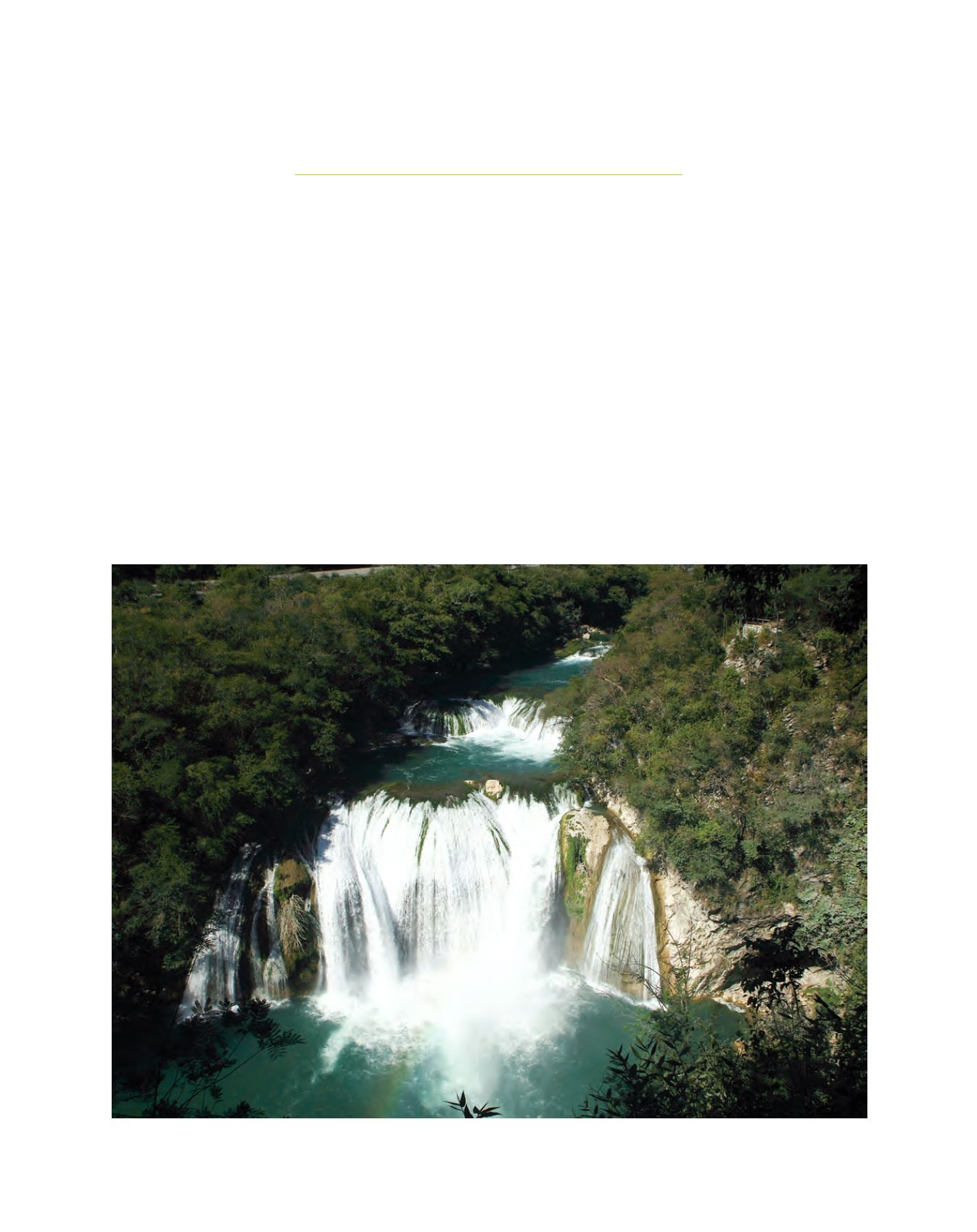

[
] 268
Mexico’s forestry policy
Juan Manuel Torres Rojo, Director General of the National Forestry Commission, Mexico
N
atural resources are a primary foundation for the life
of a country’s people and the promotion of competitive-
ness and economic development. The conservation of
ecosystems and the environmental functions they perform are
fundamental in the design and implementation of a comprehen-
sive sustainable development strategy.
Mexico has large areas of forest vegetation in which a significant
percentage of the planet’s biological diversity exists and develops.
Also, millions of people live in these areas and their livelihoods
depend directly on forest resources.
During the last century, forest resources and their services were
underestimated, neglected by national public policy design and lacking
recognition by society. The result was a loss of natural capital, a decline
in productive opportunities and deterioration of quality
of life for the owners and holders of the country’s forest
and jungles.
Today, the scenario is completely different. The Federal
Government and large segments of society have priori-
tized maintenance of the forest ecosystem’s integrity and
its associated resources, not only because of their environ-
mental, social and economic benefits, but also as reservoirs
of cultural diversity that identify our country and provide
a foundation of welfare for their owners and holders and
all people living in them.
Social participation has been a key point in the
national forest policy vision because forestry activity is
not just important for those directly involved, owners
Cascadas de Agua Azul waterfalls, considered as a natural protected area located north of the State Chiapas, Mexico
Image: CONAFOR
















